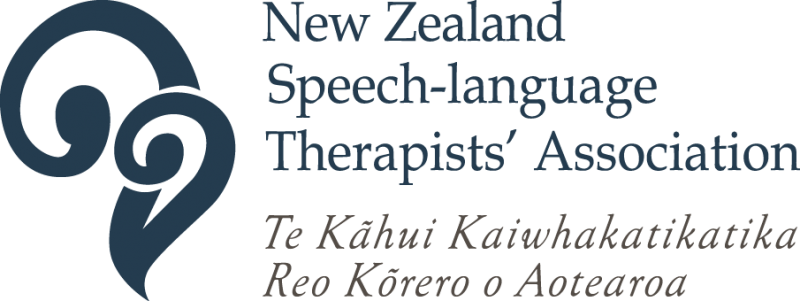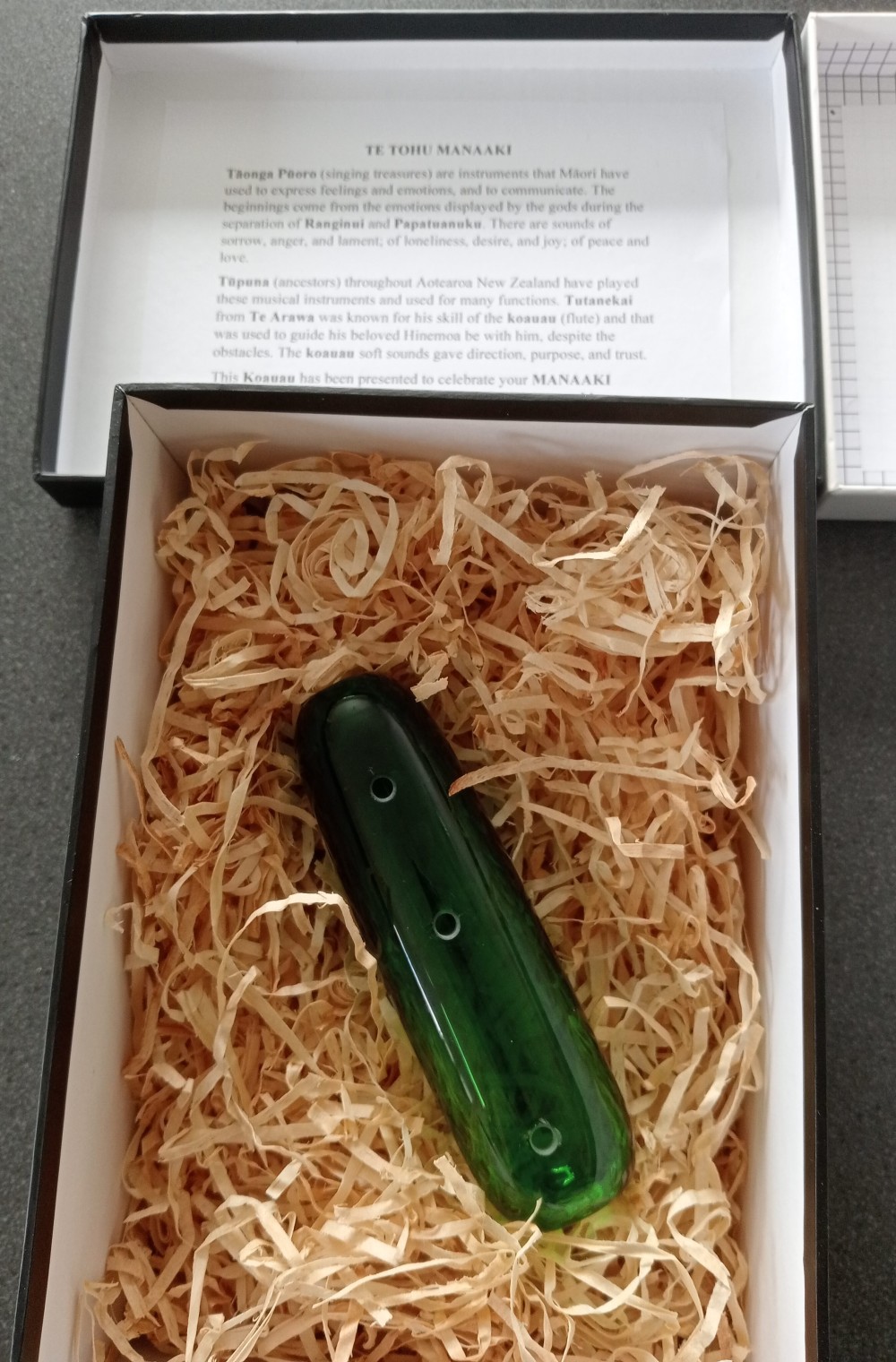NZSTA would like to recognise speech-language therapists’ contribution and action to manaaki others, embodying manaakitanga in and outside their workplace.
Manaaki encompasses how one recognises the mana of others by looking after people. It urges us to look for the best in a person and create opportunities to acknowledge a person in different ways. Demonstrating manaaki means we look after people in an empowering and mana-enhancing way.
Value: $1,000
Each nominee will receive a certificate recognising their commitment to manaaki.
Selection criteria
Nominees will have been observed to demonstrate:
- the generosity of time and knowledge.
- active support of others through whanaungatanga, rangatiratanga, aroha, and kotahitanga.
- positively influencing others’ engagement with speech-language therapy through encouragement and creating positive opportunities
Evidence:
Evidence will take the form of reference/nomination detailing how the individual has demonstrated manaaki.
Award Process:
The winner of the Tohu Manaaki Award will be determined by the Māori rōpū and will be announced in September.
Applications close at 5pm on 30 June annually.
Any queries, please contact culturaldevelopment@speechtherapy.org.nz
Awarded in 2025 to Tiahna Kingi
Tiahna, a recent graduate of the Bachelor of Speech and Language Pathology (BSLP) programme at the University of Canterbury and now a PhD candidate within the department, exemplifies the qualities recognised by this award. Her contributions as a tuakana and emerging professional are grounded in her own values, and include integrity, aroha, and a deep commitment to uplifting others through manaakitanga.
Tiahna plays a pivotal role in supporting new ākonga Māori across both the BSLP and MSLP programmes. As a tuakana, she is often the first point of contact for students at the start of the academic year, personally reaching out to welcome them and extend an invitation to the ākonga-led group. Through leading social gatherings and facilitating the group’s Learn page, Tiahna ensures communication is inclusive, supportive, and consistent. Her presence helps create an environment where students feel safe, valued, and connected to both the academic programme and to each other.
Recently, Tiahna has stepped into facilitating the Māori Stroke Group in Ōtautahi, Christchurch. Tiahna's natural leadership style is gentle yet effective, encouraging group members, her peers and ākonga she connects with to grow at their own pace while feeling supported. Her efforts are grounded in manaakitanga and a strong understanding of how to challenge and encourage others without overwhelming them. She fosters spaces where learning feels relational and hands-on, and is consistently available to guide others through new experiences, whether it be through cultural, academic, or clinical challenges; as well as supporting people to connect to the right service when they identify needs outside her scope of practice.
In her roles supporting both students and community members, Tiahna offers feedback that is clear, kind, and constructive. Her communication is underpinned by cultural humility and responsiveness, and she is attuned to the individual needs of those she works with.
Tiahna is a respected and trusted colleague, known for her professionalism, reliability, and calm problem-solving abilities. While stepping in to facilitate the Māori Stroke Group, she took initiative in coordinating communications with attendees and health professionals, and ensured the group remained autonomous in decision-making while still receiving needed support. Her work in the NZSTA advocacy working party ensured Māori voices were included in the development of the advocacy case — a reflection of her commitment to equity and to the articles of Te Tiriti o Waitangi.
Tiahna is also on her own journey of learning te reo Māori and ensures it is respectfully and meaningfully woven into her interactions. She does so in a way that invites others to engage at their own level, fostering confidence and cultural connection.
Award Recipients from Previous Years
2024: Awarded to Prof Suzanne Purdy
2023: Awarded to Nicky-Marie Kohere-Smiler
2022: Awarded to Matua Rukingi Haupapa
2021: Awarded to Hana Tuwhare

